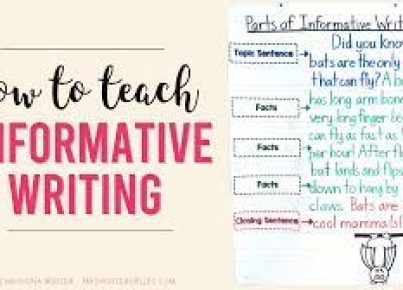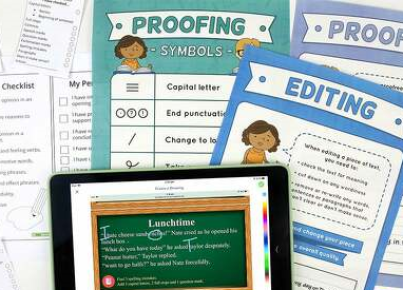In today’s fast-paced world, informational text writing is an increasingly important skill, both in the workplace and in our daily lives. From news articles and blog posts to research reports and white papers, these texts provide vital information to readers seeking to understand a subject or solve a problem. To be an effective writer of informational texts, you need to master various skills that ensure your writing is both engaging and informative. Here are five essential skills to consider as you hone your craft:
1. Clarity and Conciseness
When writing informational texts, it’s important to prioritize clarity and conciseness. Your audience wants to grasp your point quickly and easily; therefore, avoid unnecessary jargon or lengthy explanations. Instead, opt for clear, concise language that conveys the necessary information without wasting the reader’s time or patience.
2. Thorough Research
An essential aspect of writing high-quality informational texts is conducting thorough research on your topic. This involves gathering relevant sources, evaluating their credibility, and synthesizing their content into your own understanding of the subject matter. Using accurate and reliable information bolsters the value of your writing while also boosting its credibility in the eyes of your readers.
3. Logical Structure and Organization
Effective informational texts are well-structured and organized logically. This means they flow smoothly from one point to another with transitions that guide readers through the piece effortlessly. Grouping related ideas together within sections or subsections with clear headings helps create coherence within your text while ensuring easy readability for your target audience.
4. Adequate Citation and Attribution
When incorporating research into your informational texts, it is crucial to give proper credit to the original authors and sources used. Not only does this demonstrate academic integrity; it allows readers to consult these sources further if they wish. Whether you use in-text citations or footnotes and endnotes alongside a bibliography depends on your chosen citation style – but giving credit where it’s due is always a non-negotiable component of reputable informational writing.
5. Engaging Writing Style
While an informational text is meant to inform, it also needs to be engaging and retain the interest of its audience. Strive for writing that is not only clear and concise but also interesting and approachable. Deploying techniques like storytelling, thought-provoking examples, or intriguing anecdotes can create an engrossing reading experience without sacrificing accuracy or utility.
Mastering these five essential skills will significantly elevate your ability to write effective informational texts. Remember that practice makes perfect – so keep honing your craft and refining your abilities as you progress along your writing journey.




